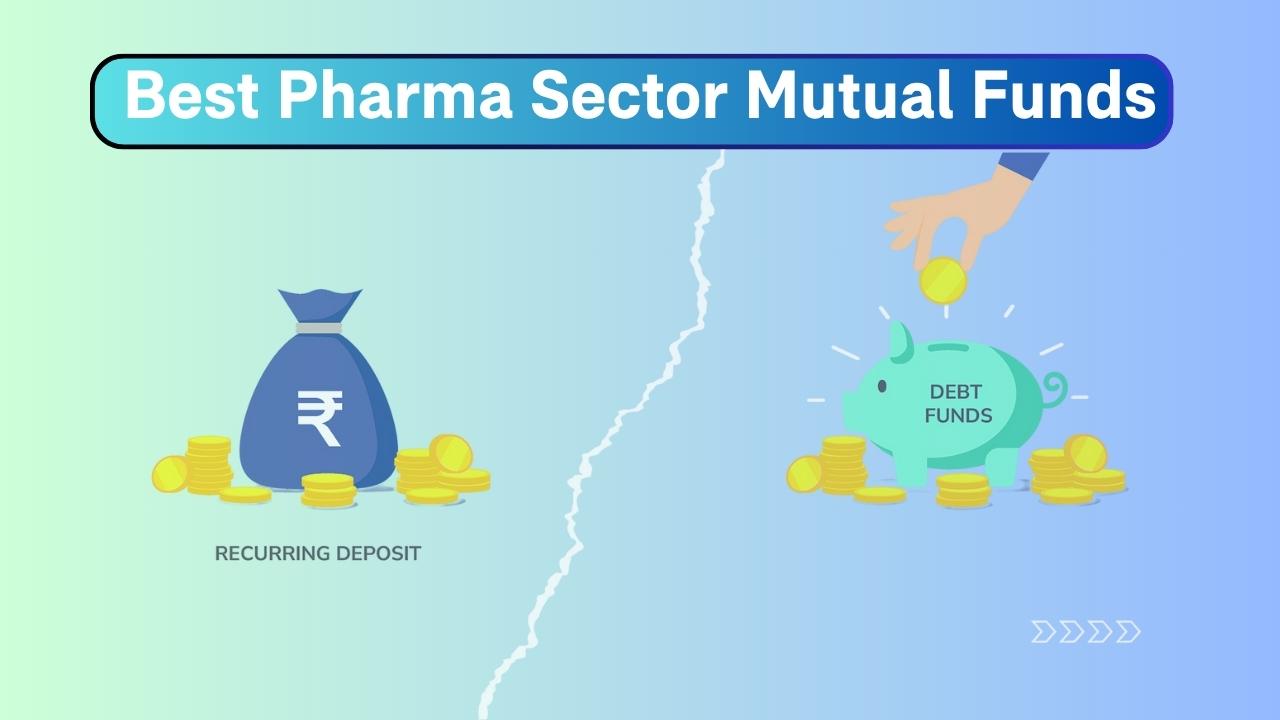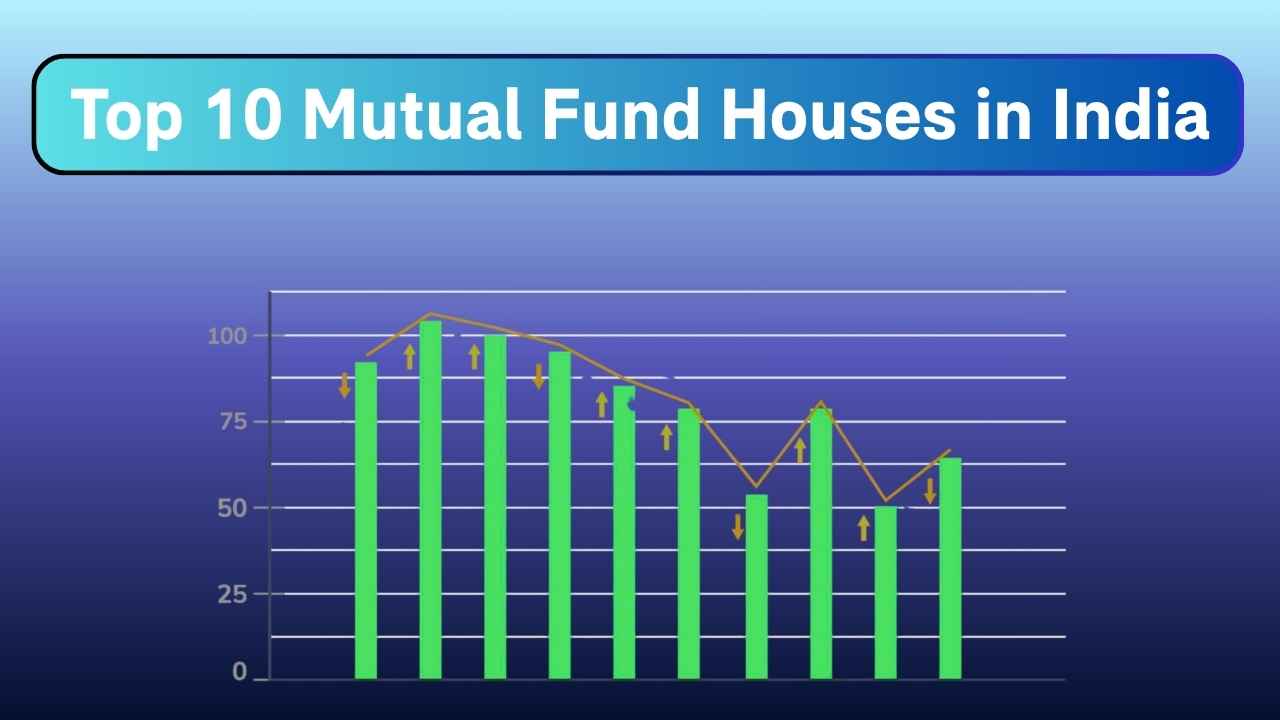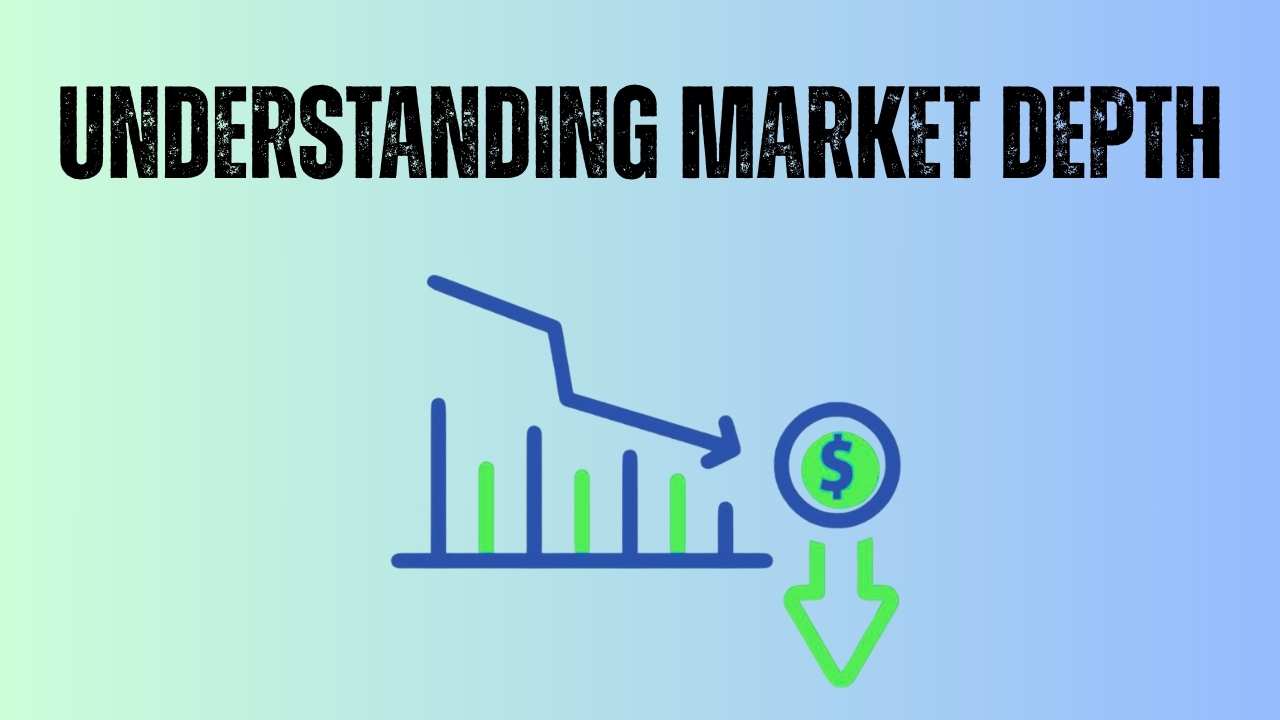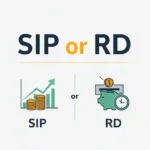Investing your money can seem like a tricky choice when it comes down to it. Two of the most common alternatives for individuals seeking security and consistent growth are Debt Funds and Recurring Deposits (RD). Both are perfect for those who do not wish to see the volatility of the stock market. So, how do they compare, and which is best for you?
In this blog post, we will tell you what Debt Funds and RDs are, compare them in depth, and assist you in deciding which one suits you.
Introduction to Debt Funds and Recurring Deposits (RD)
Debt Funds are mutual funds that invest your money in fixed-income papers such as government securities, company bonds, and treasury bills. They are designed to provide you with regular returns with less risk than stock-based funds. Your money is managed by a professional fund manager, and thus, you can let your money grow without much effort.
Recurring Deposits (RD) is a savings product provided by banks. You pay a fixed sum each month for a specified duration, and the bank gives you interest. RDs are very secure since banks cover your money and the returns, so these are very popular with risk-averse savers.
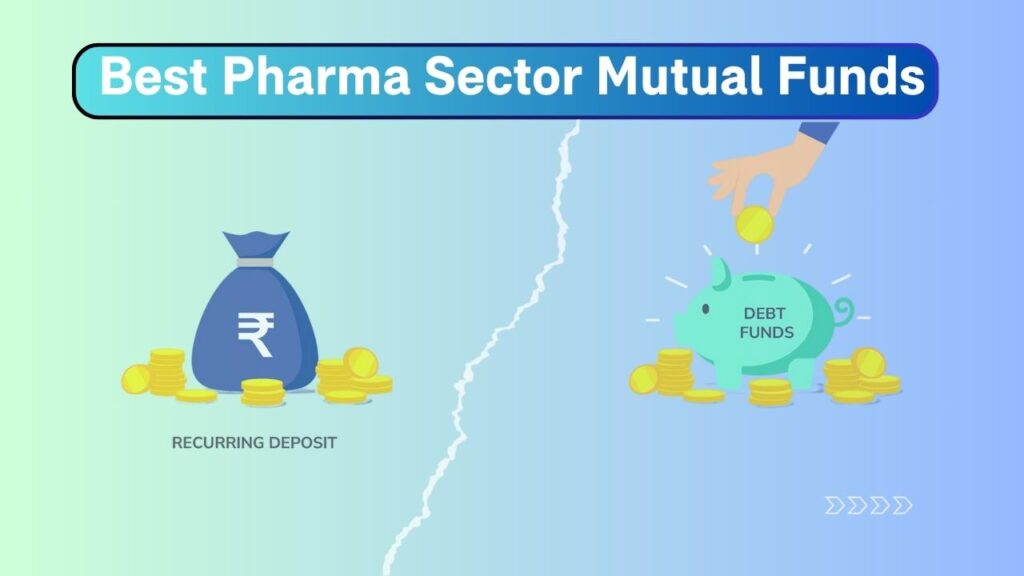
Both options are perfect if you want to avoid big risks. But they work differently, so let’s dive into each one to see what they offer.
Understanding Debt Funds
Debt Funds are mutual funds that invest in such things as bonds and treasury bills. They are essentially loans provided to governments or corporations, and they pay interest in return. When you invest in a Debt Fund, your money becomes part of a group with other people’s money, and a fund manager invests it to purchase such securities. The aim is to earn interest and occasionally gain profit if the value of the securities appreciates.
What Makes Debt Funds Special?
- Risk: They’re safer than stock funds but still have some risk. The value can change if interest rates move or if the borrower’s credit rating drops.
- Returns: You might earn more than with a savings account or RD, but the returns aren’t fixed—they depend on the market.
- Liquidity: Need your money? You can cash out anytime, usually within a few days.
- Taxes: If you keep your money in for less than 3 years, gains are taxed based on your income. After 3 years, it’s taxed at 20% with a benefit called indexation, which lowers your tax.
- Fees: There’s a small fee (expense ratio) for the fund manager’s work.
Debt Funds are great if you want better returns than traditional options and don’t mind a little risk. They’re flexible and work well for goals 1-3 years away.
Understanding Recurring Deposits (RD)
A Recurring Deposit (RD) is a basic method of saving at a bank. You deposit a fixed amount each month—e.g., ₹1,000—over a fixed period, e.g., 2 years. Then, you receive back all the deposits along with interest. It is a low-risk method of increasing your money, and banks help you begin small.
What Makes RDs Special?
- Risk: Almost zero! Your money is safe with the bank, and the returns are guaranteed.
- Returns: The interest rate is fixed when you start—usually better than a savings account but lower than what Debt Funds might give.
- Liquidity: You can take your money out early, but you might lose some interest or pay a penalty.
- Taxes: The interest you earn is added to your income and taxed based on your tax slab—no special tax breaks here.
- Ease: You save a little each month, which builds a habit.
RDs are ideal if you desire safety and a guaranteed return. They’re best for short-term purposes such as saving for a holiday or a significant purchase.
Debt Funds Vs RD: How Do They Compare?
Let’s split the variations between Debt Funds and RDs so you can understand which is more suitable for you.
1. Risk
- Debt Funds: Some risk because of market changes, but still safer than stocks.
- RD: No risk—your money and returns are secure with the bank.
2. Returns
- Debt Funds: Can be higher, but not guaranteed. It depends on how the market performs.
- RD: Fixed and predictable, though usually lower than Debt Funds.
3. Liquidity
- Debt Funds: Very flexible—you can withdraw anytime with no big hassle.
- RD: Less flexible—early withdrawal might cost you some interest.
4. Taxation
- Debt Funds: Tax depends on how long you stay invested. Long-term (over 3 years) gets tax benefits.
- RD: Interest is taxed as regular income, no matter how long you keep it.
5. Flexibility
- Debt Funds: Invest a lump sum or small amounts regularly (SIP). No fixed timeline.
- RD: Fixed monthly deposits for a set period—you can’t change it midway.
Comparison Table: Debt Funds Vs RD
Here’s a quick look at how they stack up:
| Factor | Debt Funds | Recurring Deposits (RD) |
|---|---|---|
| Risk | Low to moderate (market risk) | Very low (bank-backed) |
| Returns | Variable, potentially higher | Fixed, usually lower |
| Liquidity | High (withdraw anytime) | Moderate (penalties for early exit) |
| Taxation | Depends on holding period | Interest taxed as income |
| Investment Type | Lump sum or SIP | Fixed monthly deposits |
| Best For | Medium-term goals, some risk okay | Short-term goals, no risk wanted |
Conclusion: Which Should You Choose?
So, Debt Funds or RD—which is better? It depends on what you want:
- Pick RD if you love safety and want guaranteed returns. It’s perfect for short-term goals or if you’re just starting to save.
- Go for Debt Funds if you’re okay with a little risk for a chance at higher returns. They’re great for medium-term plans (1-3 years) and offer more flexibility.
Both are good choices, and you can even combine both—RDs for shorter durations and Debt Funds for larger goals. Consider your risk tolerance, investment horizon, and what you’re saving for. Unsure? Consult a financial advisor!
FAQs
1. How much money do I need to start with Debt Funds or RDs?
- Debt Funds: As low as ₹500 or ₹1,000, depending on the fund.
- RD: Starts at ₹500 to ₹1,000 per month in most banks.
2. Can I take my money out anytime?
- Debt Funds: Yes, usually within 1-3 days.
- RD: Yes, but you might lose some interest or pay a penalty.
3. How are the returns taxed?
- Debt Funds: Short-term (under 3 years) taxed as income; long-term at 20% with indexation.
- RD: Interest taxed as part of your income.
4. Which is better for short-term goals?
- RD wins here—it’s safe and predictable.
5. Can I invest in Debt Funds monthly?
- Yes! Use a Systematic Investment Plan (SIP) to invest regularly.
Disclaimer:
The information presented in this article is for general informational purposes only. It does not constitute financial, investment, or professional advice. Commodity prices and market conditions can change rapidly; before making any investment or trading decisions, you should conduct your own due diligence and consult with a qualified financial advisor or other professional. The author and publisher assume no responsibility for losses or damages resulting from any actions taken based on the content of this post.
